Youth Advocacy in Action (Spring 2023)
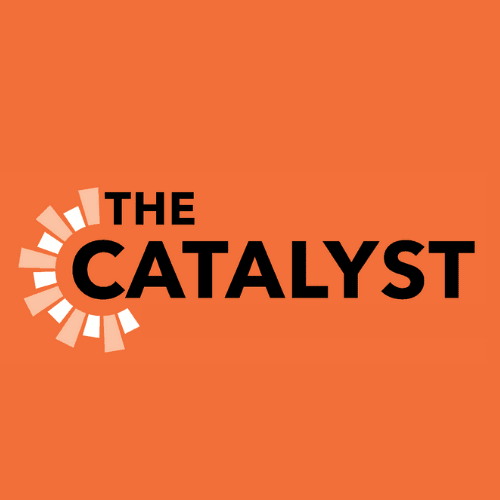
The opportunity ahead
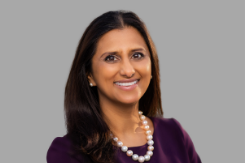
Reflecting upon my first 10 months at PAI, one important truth stands out: Our future aspirations are propelled by the strengths of our past.
Our journey toward significant, sustainable progress for sexual and reproductive health and rights for all remains urgent and requires more voices, more champions and greater momentum than ever before. Today, I am inviting you to stand with us as we look toward a future where the investment in the health and well-being of women, youth and vulnerable communities is no longer a question to be debated and, instead, is absolutely undeniable.
With you by our side, we will speak truth to power on the U.S. and global stages, strengthen existing partnerships and fund new changemakers outside of the United States who are fighting for health and rights in their own communities.
We will leverage our technical expertise and strategic insights to co-create new advocacy and accountability initiatives with grantees.
And we will listen to and learn from on-the-ground advocates so that together, we will support a global movement that is truly representative, inclusive and powered by and for communities around the world.
Advancing sexual and reproductive health and rights is essential if we are to achieve gender equality, health equity and economic empowerment for women, youth and vulnerable communities. But none of this is possible without a diverse, inclusive and locally led movement leading the way.
PAI’s partnership model is grounded in transparency, respect and responsiveness to the expressed needs of our partners — 96 strong across 33 countries today. We approach our work through a lens of equity and a commitment to power shifting, where communities decide, drive and sustain their aspirations for sexual and reproductive health and rights on their own terms. This approach is not only aligned with this moment but has been a defining trait of PAI’s way of working over the years. It allows communities to better respond to local needs in agile and resilient manners, and shape a vibrant, authentic and diverse global voice for change.
This is not only the right thing to do but the only way to truly create lasting change.
I am excited about what we can accomplish as we look ahead, and I hope we can count on you to stand with us for what is to come
In solidarity,

Nabeeha Kazi Hutchins
President and CEO
PAI’s bigger, bolder vision for sexual and reproductive health for all
This year, we have been asking ourselves one central question: How should we accelerate progress for sexual and reproductive health and rights for all in a way that aligns with our values and our strengths?
The answer is a vision forward that honors our past and sets bold, ambitious and, with your help, achievable aspirations toward our mission.
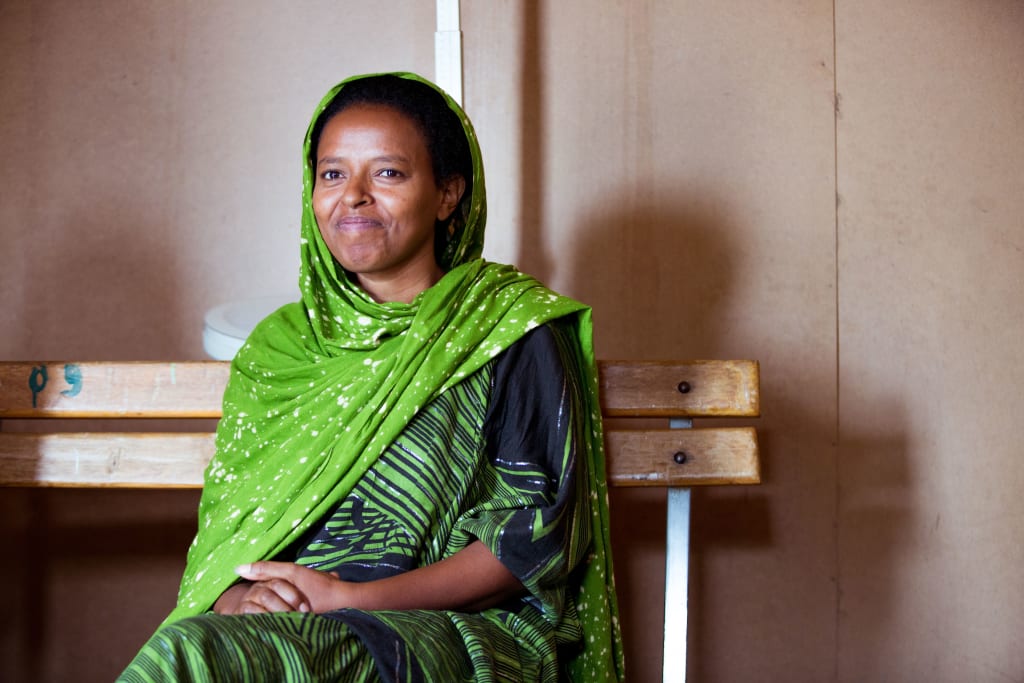
For nearly 60 years, PAI has been championing the global movement for sexual and reproductive health and rights, and leading the charge in advocating for U.S. funding and policy that support the health and vitality of women, youth and communities around the world. Since 2006, PAI has invested in a locally driven approach as well, supporting organizations working to expand access to sexual and reproductive health services in their own countries.
With you by our side, we have made great strides. Together, we have pushed back against harmful U.S. policies and ensured international family planning and reproductive health have stayed at the forefront of U.S. global health funding. We have also developed and strengthened a robust grantee program, supporting thousands of advocates with resources to help address the needs in their communities and advance health and human rights in their countries.
But we still have a long way to go to overcome political opposition to reproductive rights, long-standing cultural norms that stand in the way of gender equality and the legacies of colonialism, racism and discrimination that threaten the progress and rights that should be realized by all.
PAI’s future aspirations are shaped by a road map for mobilizing political will and resources — both at home and abroad — to guarantee universal access to sexual and reproductive health and rights, advocating for increased access to high-quality health care and bringing together and elevating diverse voices to strengthen this global movement.
To achieve this, we are thinking bigger and bolder than ever before.
We will deepen and expand our advocacy in the United States and at the global level. We will grow the support of our network of funded partners that enhance the reach of a shared cause, drive advocacy and accountability to influence policy commitments and enable amplification of community insights to keep the urgency of achieving sexual and reproductive health and rights top of mind.
Through it all, we will stay true to our core values of equity, accountability and collaboration in everything we do.
PAI envisions a just and equitable world where everyone can fully realize their sexual and reproductive health and rights. We won’t stop fighting until that vision is a reality, and hope that we can count on your continued support.
How PAI and our partners will accelerate progress on health and rights
Imagine a world where everyone — regardless of their gender, race, geography or economic status — can access the sexual and reproductive health care they need to thrive.
We know that making this vision a reality requires robust, sustained advocacy. PAI is driving this at the U.S. and global levels, while at the same time supporting local advocates who are working to advance health and rights in their home countries.
We’ve seen the progress these investments help power. The stories here are just a few of the many examples of how the partners that receive flexible funding from PAI are creating and sustaining positive change for women, youth and local communities that have faced a history of discrimination, disinvestment and displacement.
We’ve also learned a lot from these partnerships. Moving forward, these insights will drive PAI’s work with funded partners and our own research and advocacy across four key areas that are critical to achieving — and sustaining — universal access to sexual and reproductive health and rights.
Local advocates are experts when it comes to the needs in their communities and the political landscape. But their work is severely under- and inequitably funded, especially when it comes to advancing sexual and reproductive health and rights.
With funding and strategic and technical advocacy support from PAI, Pakachere Institute of Health and Development Communication (Pakachere IHDC) created a youth advocacy program in Malawi. This program helps adolescents better understand how to address their sexual and reproductive health needs and rights, which is important to overcoming the stigma that can hinder them from seeking care and builds on their ability to advocate for services from health care providers. The program has been so successful that Pakachere IHDC was asked by the Blantyre District Health Office to support the training of additional health care workers to meet the increased demand for youth-friendly health services.
Ensuring that everyone can access the sexual and reproductive health care they need isn’t possible without strong, resilient health systems that can deliver these services.
With support from PAI, in 2018, Marie Stopes International Ghana (MSIG) helped launch a pilot program to test the costs and benefits of including family planning care and commodities in the country’s national health insurance plan and to ensure that the health system was prepared to deliver these additional services. The pilot was the result of years of advocacy and presented a long-awaited opportunity to improve the use of modern family planning services — especially for those who need it most but are hindered by out-of-pocket costs. MSIG was able to persuade the government to continue to offer the reimbursements in the test districts even after the pilot ended, and the data gathered is helping to build a strong case to include family planning in the benefits package permanently.
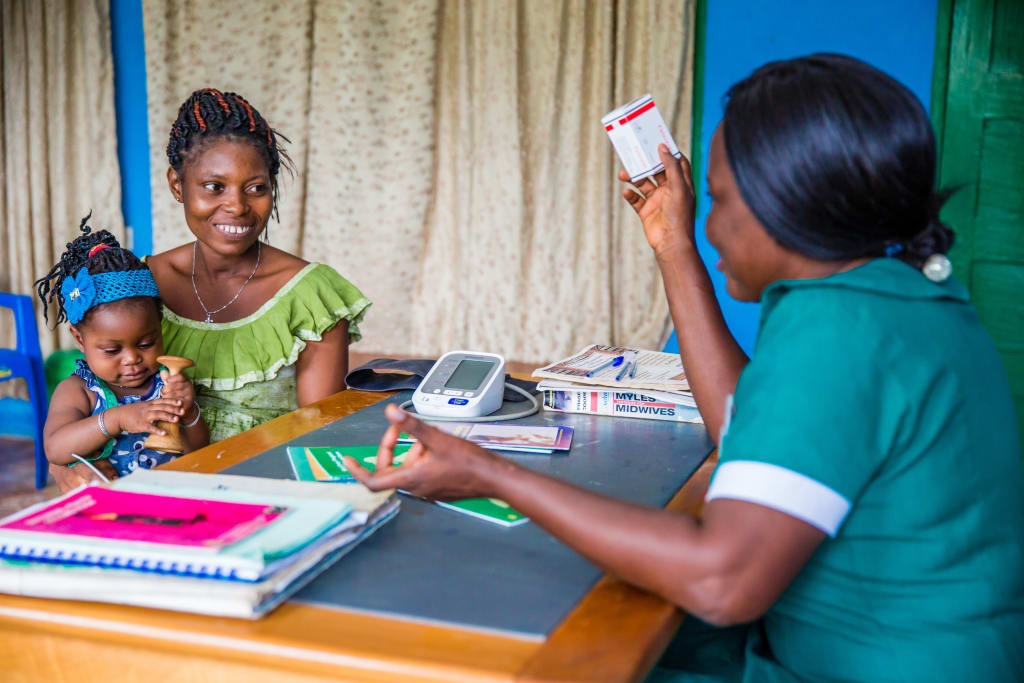
As a leader in global health, the United States has a crucial role to play in achieving universal access to family planning, contraception, safe abortion, maternal and newborn health care and more. But when U.S. funding for reproductive health care comes with regressive, restrictive and harmful policies attached, communities abroad are deeply and negatively affected.
While PAI works with community-based organizations abroad to support their advocacy efforts with their governments, we are also driving our own U.S. advocacy on the homefront. This is core to our identity as a U.S.- based advocacy organization and will remain integral to our work.
In 2021, as the Biden-Harris administration and a new Congress took office, PAI seized the opportunity to promote and propel progress for women, youth and communities by sharing knowledge, amplifying evidence of the human impact that U.S. policy and funding decisions have on local communities abroad and bringing field perspectives to policymakers in Washington, D.C. We are continuing to drive advocacy for the permanent repeal of the Global Gag Rule through the proposed Global HER Act and are working to eliminate the Helms amendment, which restricts the use of U.S. foreign aid to provide safe abortion services. The repeal of both of these policies would support the agency, autonomy and rights of women and eliminate the harm these policies have had on communities of color around the world.
Communities that have been affected by discrimination and disinvestment — including women, youth, people of color, Indigenous communities and those living in hard-to-reach rural communities — face unique challenges in accessing care that is equitable, nonjudgmental and confidential.
In Mexico, discrimination and inequality among Indigenous adolescents and youth create barriers to accessing contraceptives and drive high teenage pregnancy rates. Observatorio de Mortalidad Materna en México (OMM) is working to change that. With financial and technical support from PAI, OMM created a program that trains Indigenous youth to be citizen monitors of state-run health facilities in eight municipalities to ensure that they are providing quality, nondiscriminatory and culturally relevant care. This includes the availability of contraceptives, offering sex education materials in Indigenous languages and banning the denial of care to young women in traditional dress
Tom Merrick and Elaine Murphy share why they have been loyal PAI donors for nearly 25 years
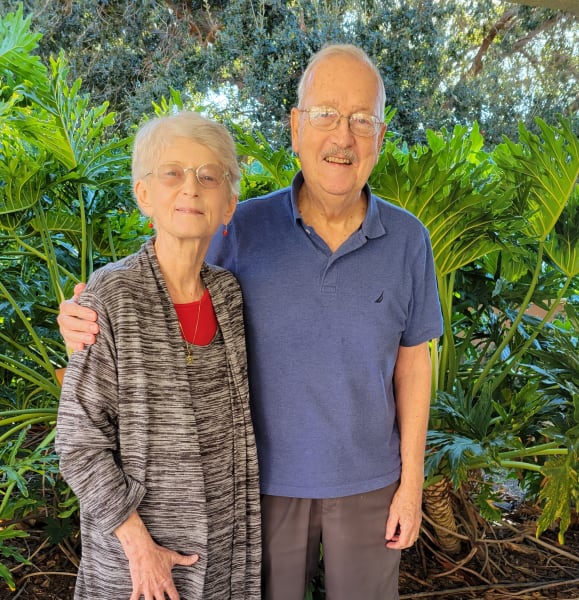
Why are sexual and reproductive health and rights important to you?
We both worked in this field for most of our professional lives, including roles with the U.S. Agency for International Development’s Office of Population and the Population Reference Bureau. Throughout our careers, we saw the importance of sexual and reproductive health for individuals, their families and communities in the many countries where we worked.
How do you feel that PAI advances this mission?
Over the years, we’ve had many touchpoints and professional relationships with PAI staff and saw the value of the organization’s advocacy. For instance, when I (Tom) was at the World Bank, I welcomed PAI’s many “nudges” for our projects to better support reproductive health.
Something else that that stood out to us was the way that PAI adapted its approach to focus on individual sexual and reproductive health and rights in response to the 1994 International Conference on Population and Development. We were engaged in this refocusing effort ourselves and very much appreciated PAI’s leadership on that front.
The other thing that has impressed us is PAI’s work with partner organizations around the world. I inherited a small grants program from my predecessors at the World Bank and soon learned that partnering with organizations in countries that borrowed from us was a very effective way to build support for the reproductive health and rights agenda.
Why have you chosen to support PAI for over two decades?
We have tried to focus our charitable giving on organizations that are making a difference in advancing reproductive health and rights and started supporting PAI in 1997. These rights are still under attack, and in this era of political divisiveness and competition for resources, PAI’s advocacy work and capacity-strengthening efforts are as needed as they ever have been. We definitely plan to continue our support.
In 2018, I joined other staff members in nominating PAI to be included in the World Bank Community Connections Campaign. PAI’s application was approved, and we have been donating through that program ever since. It’s a great deal because the World Bank matches our contributions; in fact, last year, it was a 2-for-1 match.
We are fighting back against the onslaught of harmful policies that discard reproductive rights.
Stay informed about the issues impacting sexual and reproductive health and rights.
